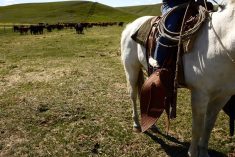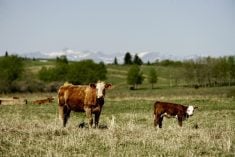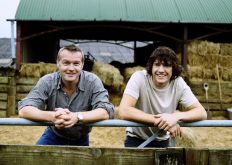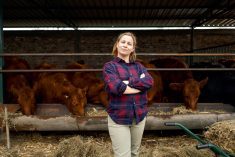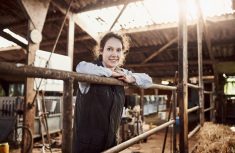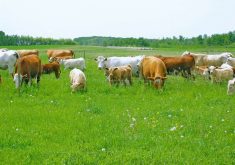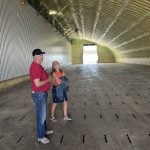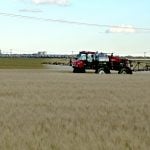In the last few weeks, I have had the pleasure of touring around all three of our westernmost provinces for grazing plan workshops, holistic management courses and sessions related to the On-Farm Climate Action Fund. It still strikes me that we really are in the best industry in the best country and it is all because of the people. It goes beyond our own country, as my experience with agricultural folk was very similar during a recent trip to New Zealand.
The workshops I have been participating in have been organized by people who are trying to ensure those of us in the livestock industry are getting as many opportunities as possible to learn and enhance our operations. As many of you will know there are many funding opportunities and determining which program to go with requires some research and information gathering. Despite the origin of the funds being the same, the delivery is different.
Read Also
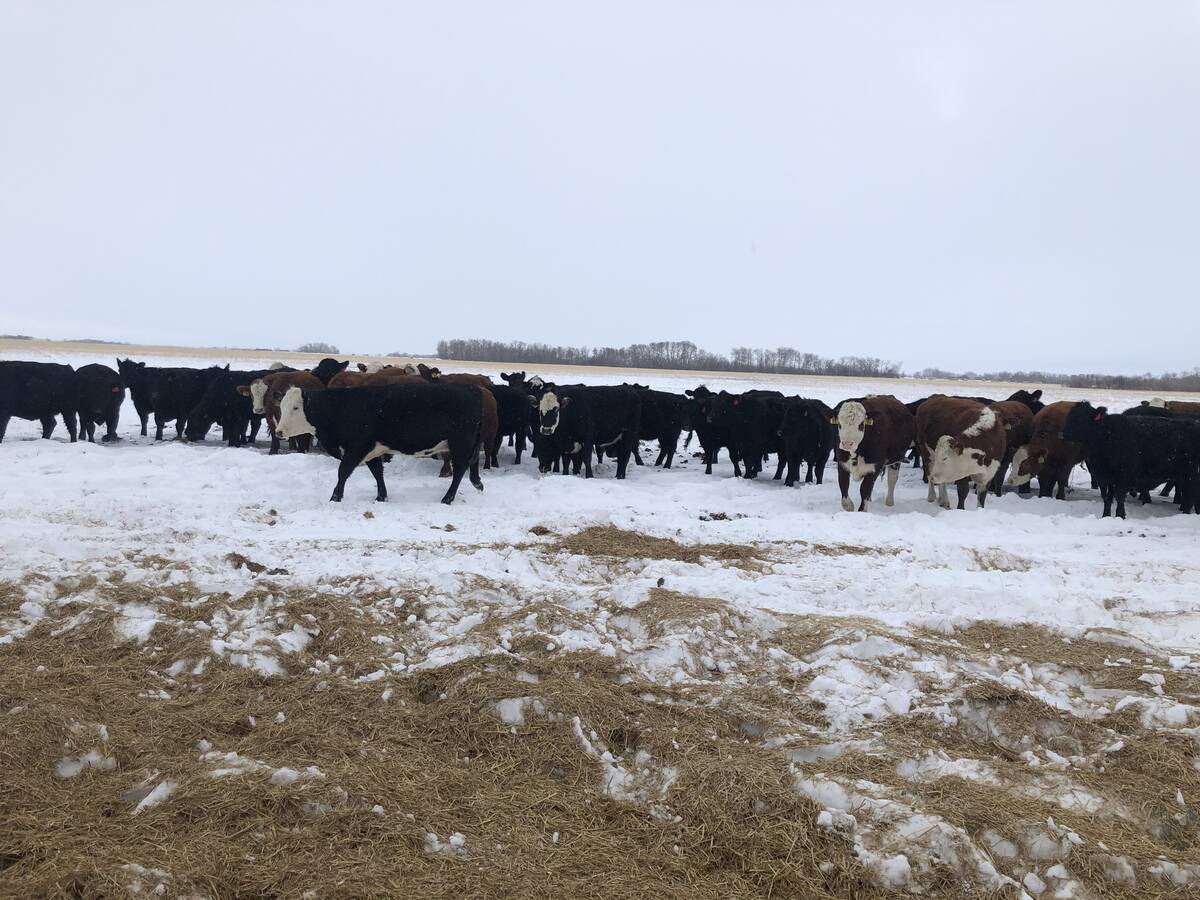
Picking the most efficient cows to rebuild your cow herd
A new cow ranking system to help beef farmers and ranchers pick the most efficient cows as they rebuild their herds.
The value of participants’ knowledge and experiences in the workshops enhances the experience for everyone. And so many are more than willing to share their experiences.
The concept of further learning, networking and support through groups that continue to meet has been around for a while, but it seems like there is a resurgence of peer-to-peer learning. The holistic management community has long had management clubs that continued to meet after an initial training session. Some of them are still active after 25 years. I also recall a nearby community where there was a beef marketing group that met regularly for several years. In both these examples, some very strong bonds were formed.
A few concepts help to determine the success of the groups. First, there needs to be a strong shared vision and purpose. (Not unlike what I recommend for family operations.) There also needs to be a commitment to continuing to meet. Striking a balance between socializing and business learning is important. A champion or enthusiastic organizer can ensure continued meetings. In some cases, the group comes up with the meeting topics and schedule at the beginning of each year.
Stephen Covey, in his book The Seven Habits of Highly Effective People, says that effective interdependence can only be built on a foundation of true independence. Or, in other words, it is important to have a strong sense and understanding of self before we can have strong positive interactions with others. Peer learning groups can be a way for us to explore personal growth and development.
Covey also refers to the six ways we can enhance the emotional bank accounts we have in our interactions with others. Similar to making deposits in a financial bank account we can build trust.
- Understand the individual. Seeking to understand another person is one of the most important deposits and links all the other ways we can build trust.
- Attending to the little things. Remember that it is the small things that are the big things.
- Keeping commitments. Following through with promises is a major step in building trust.
- Clarifying expectations. There is almost always a difference in assumptions and perspectives and it is important to take the time to become clear on what those are for the other person.
- Showing personal integrity. Honesty and loyalty are two key components of integrity and are truly demonstrated in how you speak of someone in their absence.
- Apologizing sincerely when you make a withdrawal. Having a strong sense of personal security can make it easier to give sincere apologies when a withdrawal from the account is made. And it will happen. We all make mistakes.
On a recent podcast, A Bit of Optimism, author and inspirational speaker Simon Sinek hosted financial and investment advisor Divesh Makan. The conversation covered the three areas of importance when having good working relationships with people. First, you must like the individual. Second, you must trust them and third, you have to believe they are knowledgeable. This was approached from the advisory or marketing angle but is applicable in many areas.
When I reflect on some business interactions, it is challenging if all three categories are not met. We can like and trust someone, but if it seems they do not have the knowledge and understanding, it is difficult to look to them for advice. The same goes if we like them and believe they have the knowledge, but don’t trust them. I think that we need to be aware of these challenges, particularly when supporting young people who are starting out in their careers.
In many of our workshops lately, there has been a mixture of ages, levels of experience, scale and enterprises. This diversity can enhance the level of learning for all. The differences in perspective can bring new insights and understanding. Try as we might, in our own operations it is hard to have an expansive perspective. We honestly have blinders. Do you know the adage about not being able to see the forest for the trees? Having brainstorming exercises on fence planning and water development or other ways to generate income can spark human creativity and multiple ideas. They can also be fun.
Covey refers to a new level of thinking based on the inside-out approach. He states, “Inside-out is a process — a continuing process of renewal based on the natural laws that govern human growth and progress. It’s an upward spiral of growth that leads to progressively higher forms of responsible independence and effective interdependence.” Sounds like that might be regenerative on a human level.


